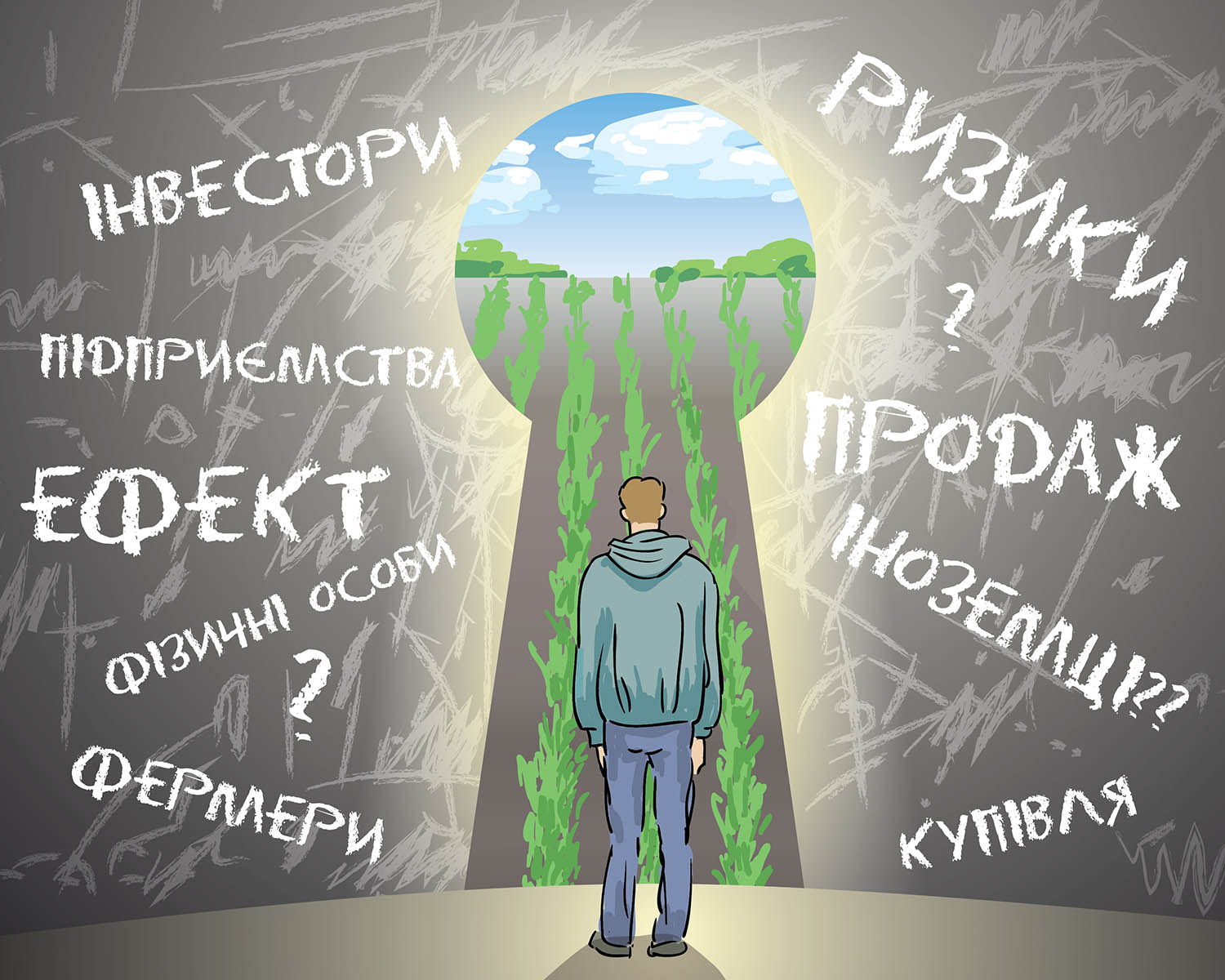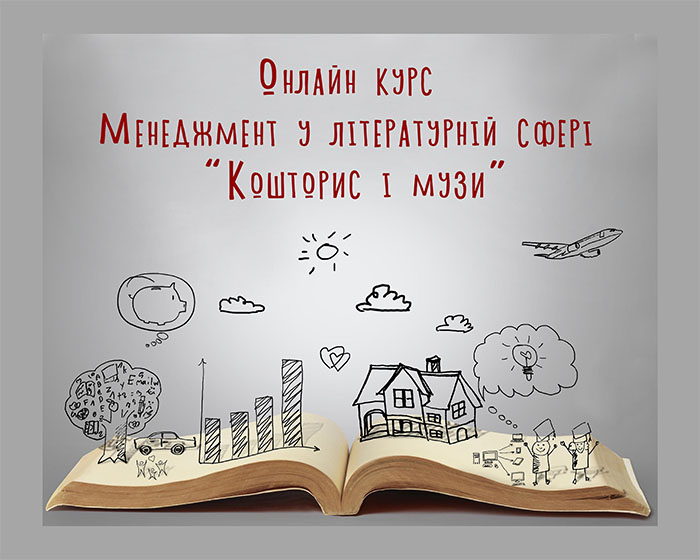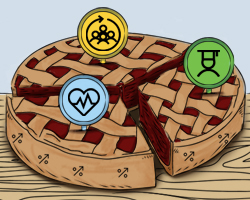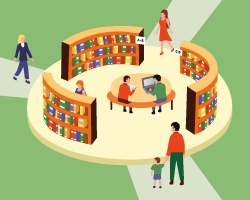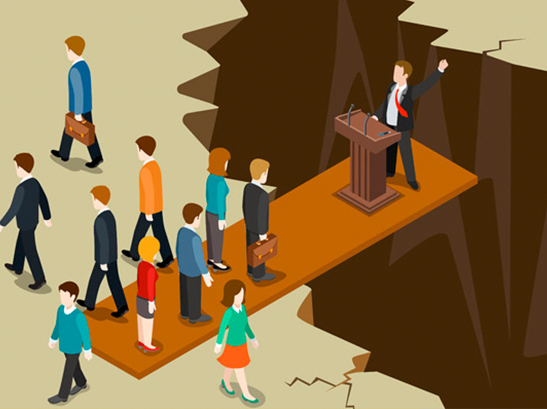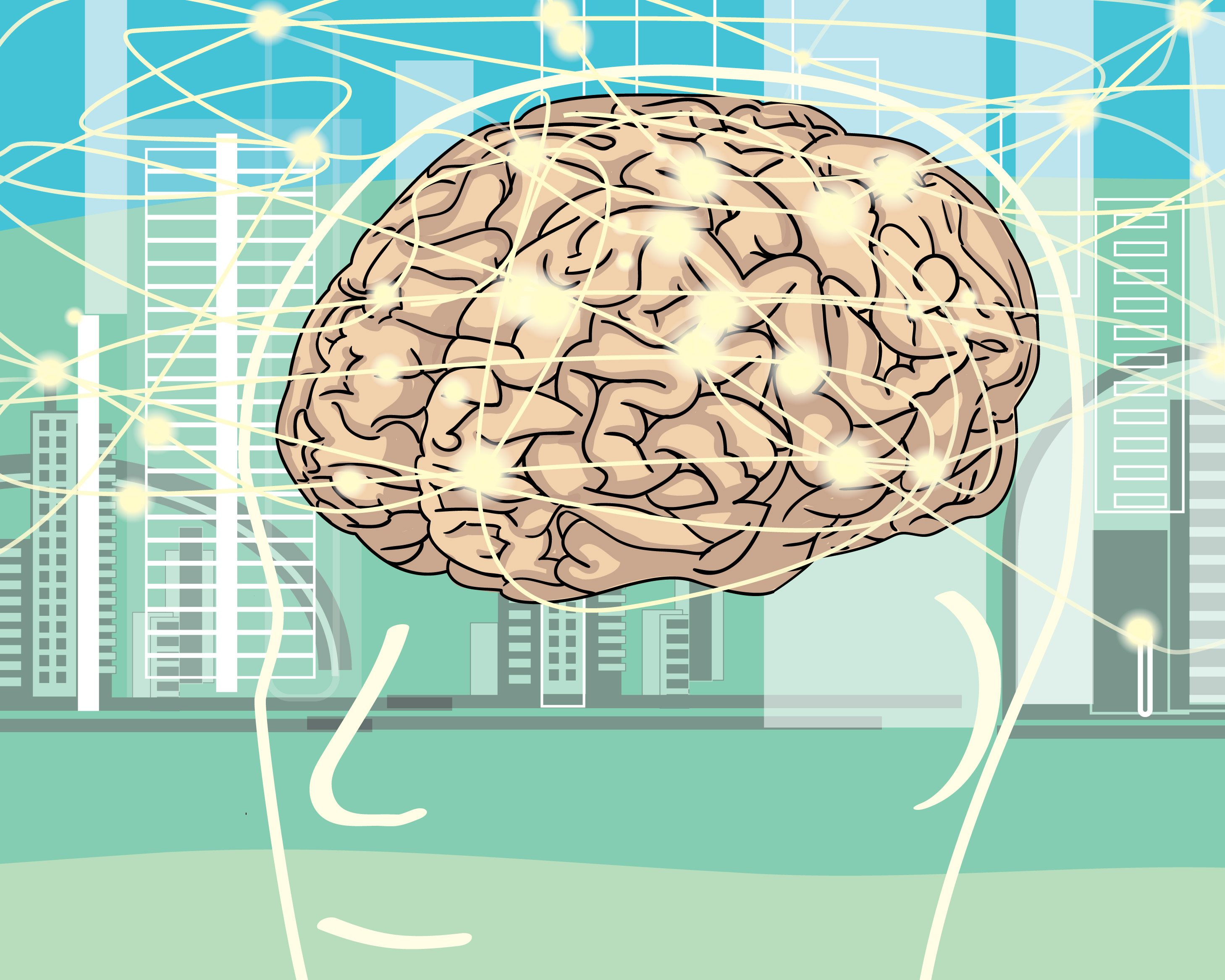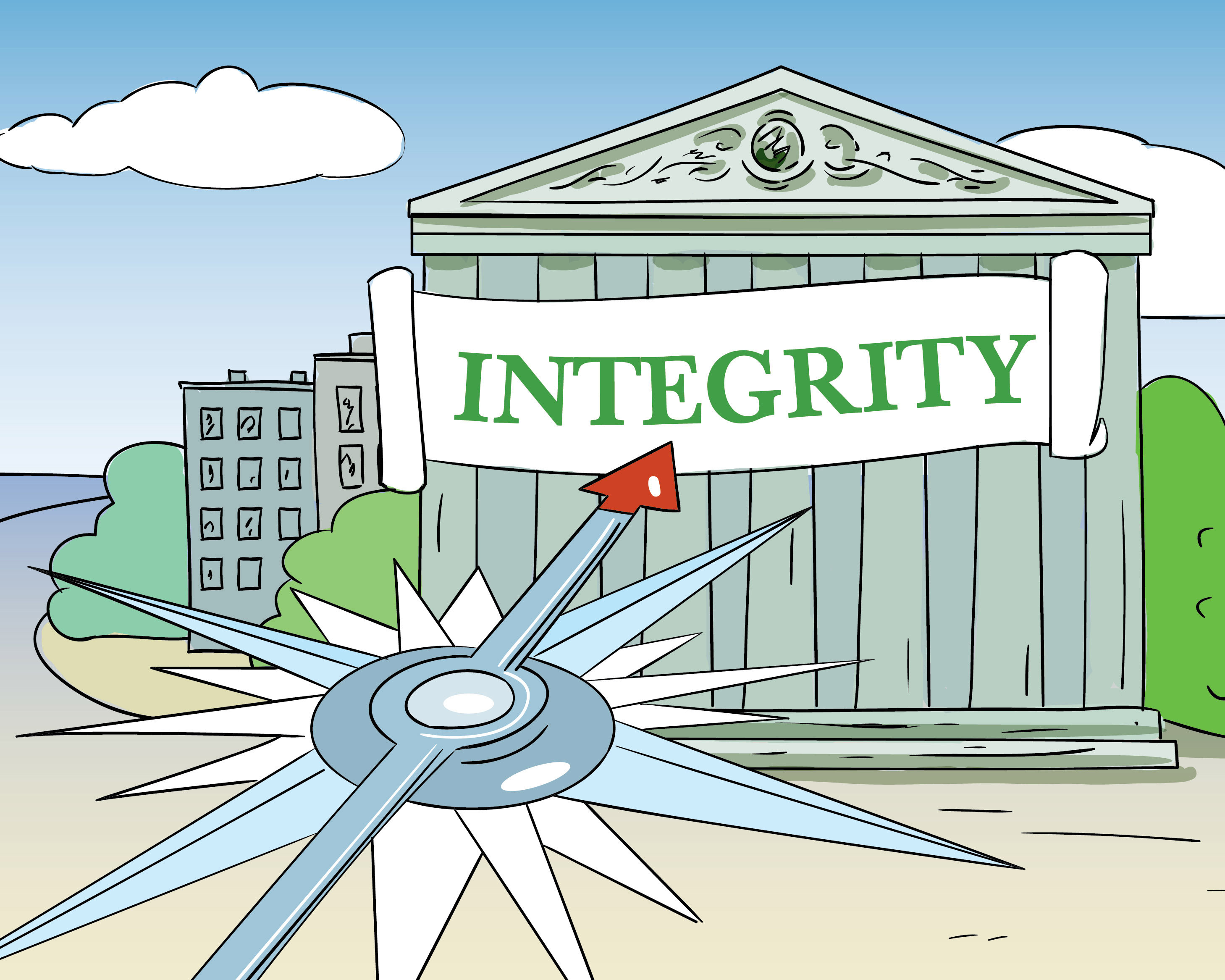Online courses
The first experience of the Open University of Maidan (OUM) activities helped us to make several important conclusions. First of all, our team should apply different approaches and observe the issues from different perspectives to implement changes as it is hard to realize what will be needed in the process, what programs should be outlined and how to establish a systematic approach in one’s studying. Gained experience supported us in our decision to create “Concerned Activist’s School” educational program. This school is the result of facilitators', psychologists', activists', and leaders’ work. Implementing the experience of 26 events we had held all over Ukraine, we transformed the School into a branch of massive open online courses that provide a balanced and comprehensive base of knowledge about public activism, have straight structure and deliver simple and precise messages.
It is extremely crucial that “Concerned Activist’s School” as many other complex programs by the OUM is always changing and adopting concerning demands of the society and patterns of its development.
But how does it actually works? If you are interested in one of our massive open online courses and sign up for it, our platform automatically signs you up for all the online courses of this program.
Complex programs require not only the successful ending of the particular online courses but final assignment completing. When you end the course you may get your Certificate.
This part contains complex solutions of the issues in the civil society sphere. The main objective of the complex programs is to help us with an efficient understanding of the courses and experts effectiveness in answering complicated questions that are on your list. Topics of our courses may correlate with your particular problems and may be instrumental in the troubleshooting process.
The platform creates new opportunities for those responsible and active members of the communities who are ready to change themselves and their communities. Choose your program now and enjoy the education process on the OUM!
In 2020 the moratorium on land sales can be lifted, and Ukrainian citizens will be involved in deciding how the land market in Ukraine should work. So it is the responsibility that requires an understanding of the problem and making the right choice by everyone.
The team of NGO OUM with the group of experts have developed the course "The truth about the land: moratorium VS market".
This course is discovering the following topics:
- Why does Ukraine need the Land Market?
- Why is the land reform affecting every citizen?
- What social and economic problems does the moratorium create? Why does the moratorium violate property rights?
- Who are the main stakeholders in the land reform and how will they be affected by the launch of the land market?
- What is wrong with the land reform referendum?
- What are the myths about the moratorium and the land market that are discussed in the Ukrainian society?
Sociologists say that 60% of adults in Ukraine in 2018 have not read any books. Some people think that it is a terrible situation and fall of the cultural level. For others, it is a challenge and possibilities to work with the huge audience that should be attracted to the literature perception and consumption.
- What are successful literary projects in our realities?
- What if the library has no visitors?
- How a publishing house can attract money?
- Is it possible to combine creativity, expenses and rational things?
The Kharkiv office of the Konrad Adenauer Foundation and the NGO OUM launched the new online course "Social Market Economy Principles".
The social market economy is not the complicated and theoretical concept, but one of the keys of success of post-war Germany – the European country with the leading economy in terms of economic development, standard of living and social standards.
But only narrow specialists in Ukraine aware about this effective economic model. This knowledge was not widely spread. Now there is the online course that gives access to information and provides an opportunity to gain knowledge.
The course "Social Market Economy Principles" answers the following questions:
- What is the Social Market Economy?
- How did it become the basis of the German economic miracle?
- Why is Germany not the "capitalist" country?
- What lessons can be learned from the German experience for Ukraine?
If you are looking for ideas and ways to develop your library, this course is for you. There are valuable tips and innovations that can be implemented in life even with limited resources.
These are the examples that will help convince local governments that a wealthy community starts with the library. This is the vision that reliable partners will share with you.
The course is aimed at employees of small libraries (urban, district, rural), who sincerely seek the ways to make their library modern and open to different categories of users.
The online course was developed by the Ukrainian Library Association, with the support of the United Nations Peacebuilding and Reconstruction Program.
The UN Peacebuilding and Peacebuilding Program is being implemented by four UN agencies: The United Nations Development Program (UNDP), the UN Structure on Gender Equality and Women's Empowerment (UN Women), the UN Population Fund (UNFPA), and the UN Food and Agriculture Organization (FAO).
The program is supported by eleven international partners: The European Union, the European Investment Bank, as well as the governments of the United Kingdom, Denmark, Canada, the Netherlands, Norway, Poland, Switzerland, Sweden, and Japan.
The course is in Ukrainian. It is free of charge and opened to everyone!
We have developed this complex program to help each citizen quickly gain the knowledge how to build a real dialogue with the authorities: "What is being done? Why? Whose benefit? How does it improve the quality of our lives? "
The program includes the following courses:
- Public Control
- Community & Authorities: Productive Channels of Influence
- Activism in the Digital Sphere: Toolkit of E-Democracy
- Combating Corruption in the Government Procurement Sphere
- Public Contracts and Civil Society Monitoring
- Digital Public Registers
We have created this course to help our listeners to figure out what is the essence behind political parties and spectrum. Our experts explain the basics of the ideology, its key aspects: what is being left or right, conservative or libertarian, who are populists and extremists.
The course helps you to analyze politicians’ actions, promises and mottos before the Presidential and Parliament Elections adequately. What are the ideologies and what are the motives of the political powers that we know?
Watch out! The conclusions you get may be frightful.
We need to understand who is who. What is different and what is common in political parties and movements? What are the ideological differences between them, and can they form political alliances? Once per 4-5 years, we vote for candidates, so we ought to understand the consequences of our choices and analyze critically political promises we hear. We should realize your voice is not for sale as it is about values.
The course is in Ukrainian. It is free-of-charge and available for everyone.
Course creation was supported by Konrad Adenauer Stiftung, Ukraine Kharkiv Office.
Cognition is an incredible human skill. People develop, evolve and solve various problems, deal with challenges.
Does brain work differently?
Imagine a situation where a supercomputer is given to different people. They will use it within their own skills and understanding. Some will browse the net or Skype with their friends. Some will play games, some will use office programs, and some will code, trade or mine cryptocurrency. The same device can be used differently. We use the brain pretty the same way. It is proved that thinking skills (effective use of the brain) can be developed.
When we talk about developing thinking skills, it is important to remember that there is no “right” or “wrong” thinking. The thinking process can be logical, analytical, critical, abstract and creative. It can be comprehensive and flexible. That are you thinking and that makes it unique.
Our complex program “School of Effective Thinking” provides you with opportunities for various thinking skills training. The program consists of the courses:
- “Creative thinking”
- “Introduction to critical thinking”
- “Strategic thinking”
- “Integral dynamics. Evolution of thinking, leadership, economics, and politics”
- “Sustainable development: a new philosophy of thinking”
We and EdEra created two courses about Medical Information Systems – The Principles of Medical Reform with a help of eHealth – for doctors and administration.
Medical Informational Systems allow the patient to receive high-quality service from the doctors. It also allows controlling the effectiveness of the money and recourses use at the medical institutions and lessen potential corruption risks. eHealth allows creating one system to coordinate all health care activities – medical practice, medical institutions management, medical law, pharmaceutics and informational support for the patients.
eHealth implementation takes time and has many iterations. The first iteration is to involve all the centers and doctors that provide First Aid and Emergency services. So that we created these courses to standardize the approach of eHealth implementation in different regions of Ukraine.
This course was created by OUM and EdEra with support from U-LEAD with Europe and collaboration with Estonian Agency eGovernance Academy.
The course is in Ukrainian. It is free-of-charge and available for everyone.
The Open University of Maidan and Klaudia Shevelyuk, the founder of the Responsible Future initiative and sustainable development consultant, created a course “Sustainable development: a new philosophy of thinking”. UNDP in Ukraine recommends the course for studying and supports its promotion.
The expert emphasizes the following issues in the course:
- Sustainable Development and its core principles;
- The philosophical concept of Sustainable Thinking;
- Who are the stakeholders of the Sustainable Development, what are their goals and values;
- 17 Sustainable Development Goals by UN, agendas till 2030 and Ukrainian plan to achieve these goals;
- Application of the knowledge about Sustainable Development in practice.
Academic Integrity is a foundation of a high-quality education.
Higher Education in Ukraine is transforming and developing gradually. Implementation of the academic integrity principles in studying, teaching and science is a key element of higher education development.
We developed an online course about the Academic Integrity to let the students, lectors, scientists, managers, and directors of higher education institutions implement its principles in practice.
The course describes the following issues:
- What is academic integrity?
- What is plagiarism?
- How to avoid plagiarism in academic writing?
- What are the preconditions of creating an area of academic integrity?
- How to create an area of academic integrity in the university?
